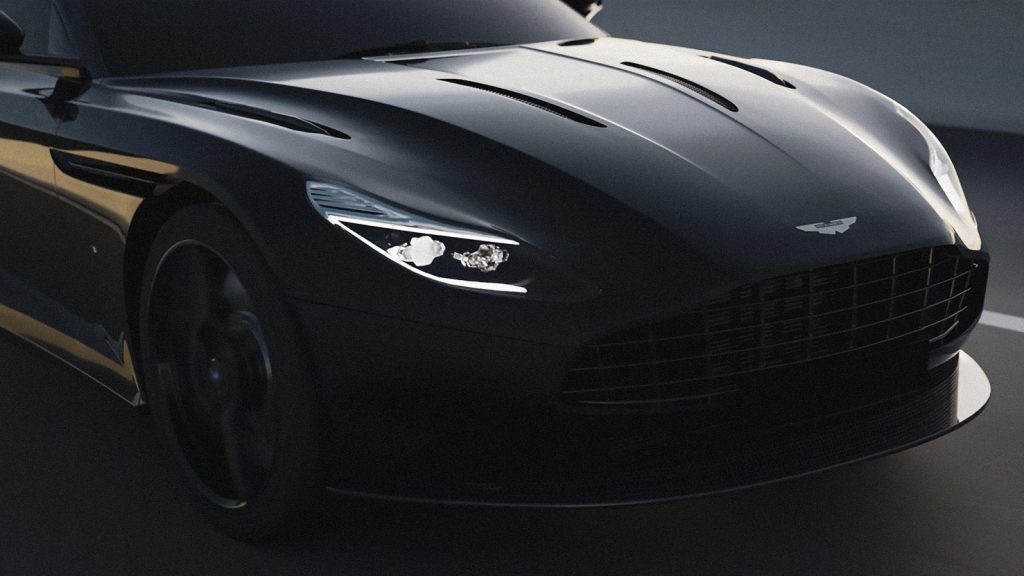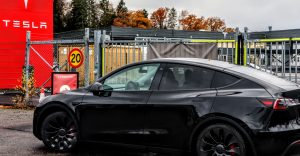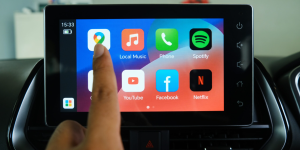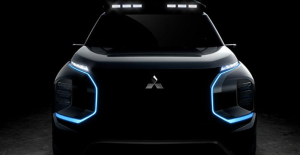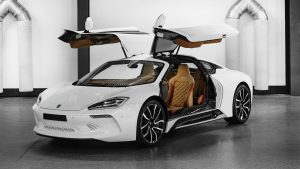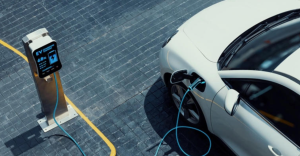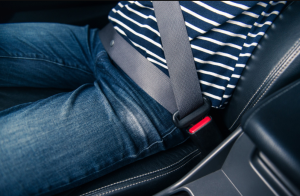Aston Martin delays its first EV.
Others are reading now
Not every driver is enthusiastic about electric cars, and Aston Martin now acknowledges that EV technology doesn’t appeal to a significant portion of its clientele.
The British luxury automaker’s first electric model has already faced multiple delays, and now, it looks like it won’t arrive until sometime in the next decade — at the earliest.
Why the Delay?
According to CEO Adrian Hallmark, some Aston Martin customers strongly dislike electric cars. In an interview with Automotive News, he admitted that fierce resistance from certain buyers has influenced the company’s EV timeline.
“Some say no and hate them [electric cars] with a heartfelt passion. They feel like EVs mean the end of V12 and V8 engines—that they’ll never be able to buy another one.”
Also read
Hallmark put it bluntly: “There’s no better way to piss off a billionaire than by telling him he can’t have something.”
Despite this resistance, Aston Martin acknowledges that attitudes are changing. More customers are warming up to electric vehicles, though the shift isn’t happening overnight.
The company originally planned to launch an electric model based on an existing combustion-engine car, with the first concept — the Aston Martin Rapide E — revealed in 2015. However, by 2020, the project was scrapped.
Most recently, Aston Martin confirmed it won’t commit to making only electric cars until at least 2040.
“It’s impossible for us to switch to electric cars right now and still have a viable business,” Hallmark said in early February.
Weight Concerns and the Challenges of EVs
Hallmark also questioned whether EVs are even the right direction for high-performance luxury cars. He noted that while a traditional combustion engine adds about 150 kg to a car’s weight, an electric drivetrain can add 700–800 kg due to the battery pack and electric motors.
He isn’t alone in his skepticism.
Both Rimac and Alpina (soon to be part of BMW) share the view that wealthy customers aren’t particularly interested in EVs.

